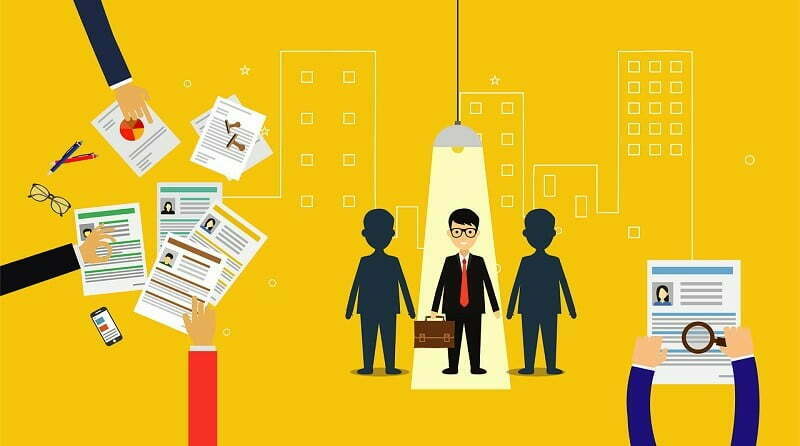
Following up with an email after a job interview is far more than just a courtesy. An email to follow up after an interview allows the applicant to reaffirm their interest and enthusiasm for the job in question while also keeping them on the hiring manager’s radar.
Following up with an email after an interview is common practice, and it can help your application in a variety of ways. For one thing, it allows you to reaffirm your interest in a position while also emphasizing the value you would bring to the company.
Furthermore, it aids in making a positive impression on the recruiting manager by demonstrating that you are considerate and thankful.
Tips for Writing the Follow-up Email After Interview
We’ve provided some tips for writing a follow-up email that exhibits your communication skills and professionalism. Use these when you draft your letter.
Keep in mind that these tips are adaptable. It’s fine to be a little loose with your writing style as long as you keep focused on your goal, communicate properly, and maintain an appropriate tone.
- Mention anything you didn’t say during the interview. If there is anything you forgot to add while the interview process, such as a relevant project you worked on, include it in your follow-up email.
- Throughout the interview process, you will typically have a primary point of contact who will schedule your interviews and keep you updated on the status of your application. This person is often a recruiter or a hiring manager.
If you want to send a follow-up email to someone other than your point of contact, unless you were given their email address directly via an email introduction or during your interview, you should do so through your point of contact.
Enquire whether they would mind forwarding a note from you or sharing your interviewer’s contact information. This will help ensure that your outreach is consistent with the company’s established boundaries.
- Keep your point of contact’s timeframe in mind while following up with them. Give them the whole two weeks plus a day or two to account for delays on their end before you contact them if they said they’d require two weeks before they’d be ready for the next steps.
In some cases, you may want to contact them ahead of their deadline. If you’re on the fence about accepting the other offer or still want to put this opportunity first, reaching out to your point of contact to let them know about the change in your schedule could help both of you make the best decision possible moving forward.
- Proofread the email as the last thing you’d want to come across is an unprofessional candidate. Avoid big words and long sentences as they are harder to read.
Wherever feasible, reduce the number of words used and choose the most concise approach to express yourself. To identify spelling, grammatical, and punctuation mistakes, read slowly and line by line.
- After your interview, sending a thank you email is also an essential part of a follow up email, and adds a personal touch. Mention something you and your interviewer discussed during your conversation. Maybe you shared a hobby, or they told you about their life outside of work. Mentioning that detail briefly can help reinforce the relationship and demonstrate that you were paying attention.
Conclusion
Sending a follow-up email might have a big impact on your chances of landing the job. The first email should express gratitude for the interviewers’ time and reiterate your interest in the position.
If you don’t hear back after the initial interview, don’t worry: you can send another email four to seven business days later to reiterate your interest in the position. You’re putting your best foot forward and developing a network that will help you throughout your career, whether or not you get an offer. (ADV)



